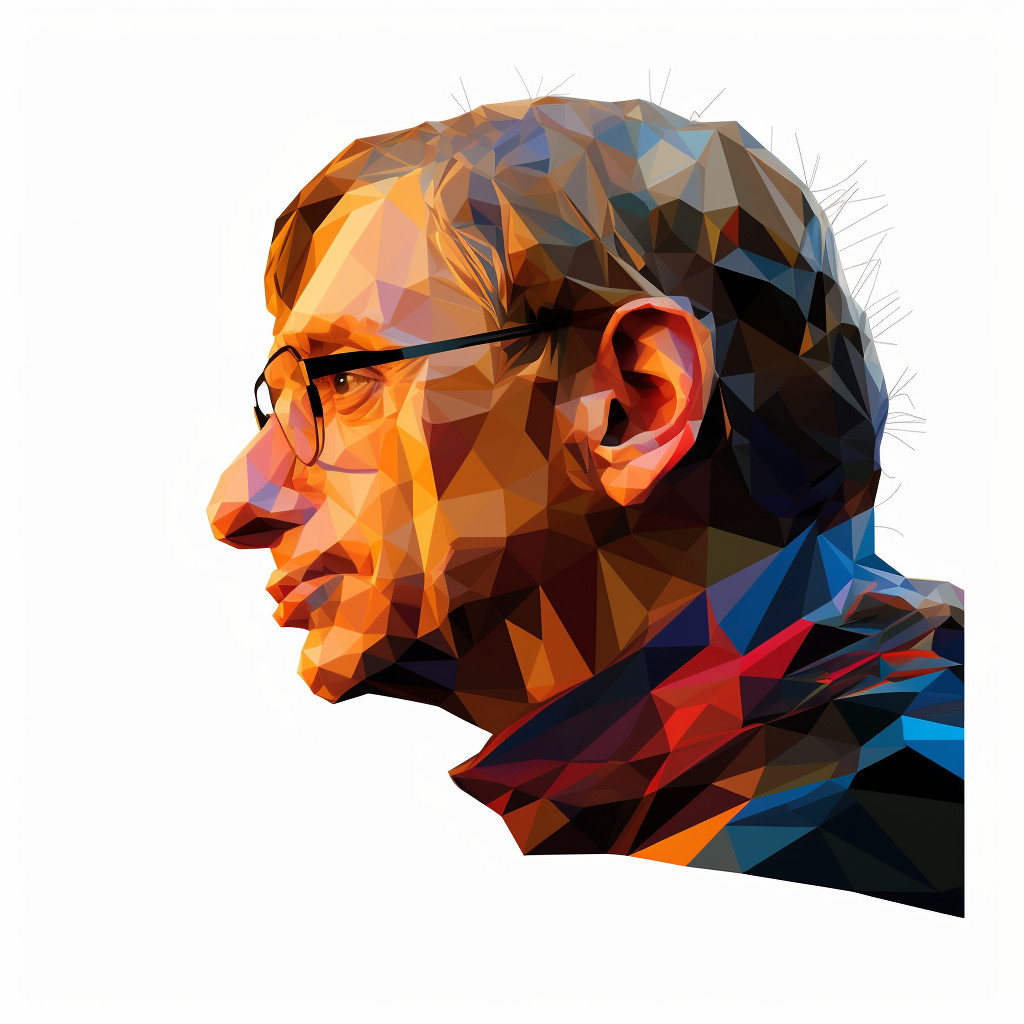This quote implies that despite the remarkable advancements humanity has made in science, technology, art, and other fields, we have often failed to exhibit intelligence in our behaviors and decisions. This lack of intelligent behavior is often seen in the form of wars, discrimination, environmental degradation, and other social, political, and environmental issues that we face today.
The quote suggests that even though humans have the capacity for great intelligence, we often fail to use it wisely or for the betterment of all. In other words, while we are capable of learning and understanding complex concepts, we often fall short in applying this knowledge in a way that benefits society as a whole or avoids harm.
In today’s world, this idea could be applied in numerous ways. For instance, despite knowing the harmful effects of climate change, many continue to engage in activities that exacerbate the problem, such as excessive consumption and pollution. This could be seen as a failure to apply our knowledge intelligently for the long-term survival of our species.
In terms of personal development, this quote could serve as a reminder to not only focus on gaining knowledge, but also on applying it wisely. It encourages us to think critically about our actions and their potential impact on others and the world at large. It suggests that true intelligence lies not just in understanding, but in the ability to make wise decisions based on that understanding.
In essence, the quote encourages us to strive for a higher form of intelligence that involves not just intellectual capacity, but also empathy, foresight, and responsible action. It challenges us to use our intelligence not just for personal gain or short-term benefits, but for the betterment of all.






